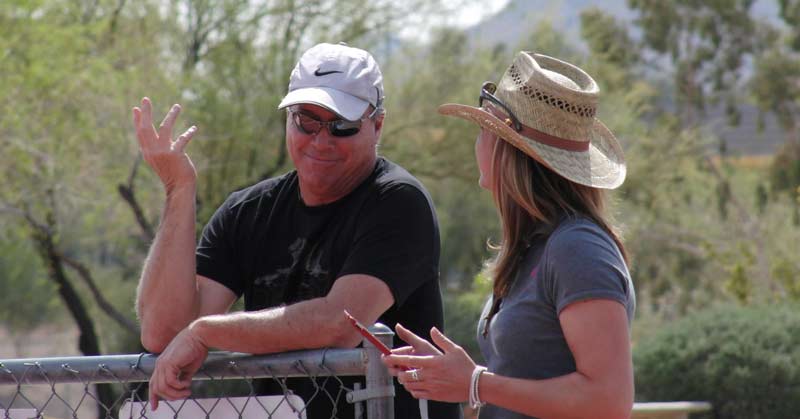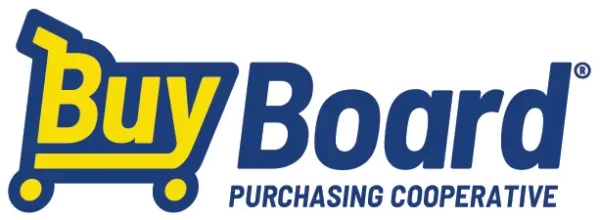
By Greg Hull
ALTIS and Freelap—two of the biggest names in T&F—have come together to celebrate progress in our sport. We hope you enjoy this week’s blog-post. Share if you enjoy it!
It strikes me as unusual that society automatically assigns respect to people involved in certain professions or positions in life, without said respect being earned or demonstrated.
These professions include doctors, pilots, teachers, and—for the sake of this discussion—coaches. But why is it that when we apply such titles in front of people’s names there seems to be an immediate assumption that these individuals are always professional, well-educated, well-trained, competent, and caring?
Are we so naïve to think that every individual in these professions exhibits the traits listed above, and that said training and education are universally well-delivered and appropriately applied? When we send our children to school or athletic programs, do we doubt that their teacher or coach is not only well-prepared but also has their best interests in mind? How many of us question the competency of a doctor or a dentist? Do we ask for the pilot’s credentials before boarding a flight?
The obvious answer to these questions is “no.” We generally accept any individual’s level of professional competency on the basis of blind faith. Thankfully instances of malpractice in medicine or pilot error in commercial aviation are rare in the grand scheme of things—unless, of course, you end up in the small minority affected by breakdowns in the system. There are also high standards in most professions for the education and training of people employed in these positions.
The coaching profession, however, is an exception. Increasingly, the trend is that coaches in many school settings are often teachers, parents, or volunteers. In many if not most cases, these people are primarily motivated by the desire to help young athletes improve their skill sets. We have also seen an increase in ex-athletes moving directly from their competitive careers into the coaching realm. Yet are they always equipped to understand that not all the young athletes they will influence are capable, willing, or driven to achieve at the levels they once did?
Few of these scenarios include professional training in coaching the technical or psychological aspects of the given sport. In contrast, the backgrounds of many of our greatest, long-established coaches include both pedagogical training and experience with classroom-based teaching as well as specific training in coaching skills, kinesiology, and the like. It is from this environment that these superior coaches learned the most effective ways of communicating, motivating, and relating to the young people under their care.
Study after study show that coaches are one of the greatest influences on young people’s formative years, but often people put in these positions have no formal training. Is it, therefore, any surprise that we sometimes encounter the unsettling issue of inappropriate coaching, with the possibility of damaging young people who have placed their faith in someone with “Coach” in front of their name? The responsibility falls on all of us who love our sport and embrace the calling to coach to strive for further educational certifications for those who want to be honored with the title of “Coach.”
Coaches are one of the greatest influences on young people’s formative years. Share on XThroughout history, the path to mastering a profession often has through a cycle in which one started as a laborer, moved on to an apprenticeship, and eventually became a craftsman or master in the chosen profession. Many of those I consider great coaches followed nearly identical methods to achieve the mastery I observe when they apply their skills to their athletes. A sense of humility drives them during this journey. They always focus on seeking knowledge at all opportunities and realize they are first and foremost there for the betterment of the athletes they have been charged to assist.
These coaches tend to be voracious readers, and are never afraid to ask questions and seek help from their fellow practitioners. There are many programs for coaching education, and the one that stands out to me is the ALTIS-led Apprentice Coach Program. The apprentice—and sometimes fellow master coaches—stand side-by-side with the master coaches from ALTIS. They have the opportunity to observe, ask questions, interact with athletes, and listen to a variety of lectures on many different topics.
My single greatest learning experience as a young coach was in a similar format. In the mid-1970s, the USOC put on a learn-by-doing clinic in Colorado Springs, Colorado. Nearly 150 young coaches spent a week learning from, listening to, and being coached by some of the era’s true innovators. Many years later, more than 70% of them are leading American coaches in athletics. There is no substitute for this type of classic apprentice/master craftsman interaction. It saddens me that there are few similar opportunities in coaching development.
“I’m only sure I don’t know all I need to know.” - Stephen Hawking Share on XClassroom or online courses are far simpler to administer and participate in but lack the ability to impact the art of coaching. I hope that future generations of coaches spend more time with master craftsmen, listening to and being evaluated by these leaders. We must put our egos aside and open up our minds to realize, as Stephen Hawking said, “I’m only sure I don’t know all I need to know.” We are part of an amazing profession whose subjects place a great deal of trust and faith in us. What is more telling than the willingness of parents to entrust their children to someone else?
Let’s be sure we are always vigilant in deserving that trust.
Please share so others may benefit.
[mashshare]

